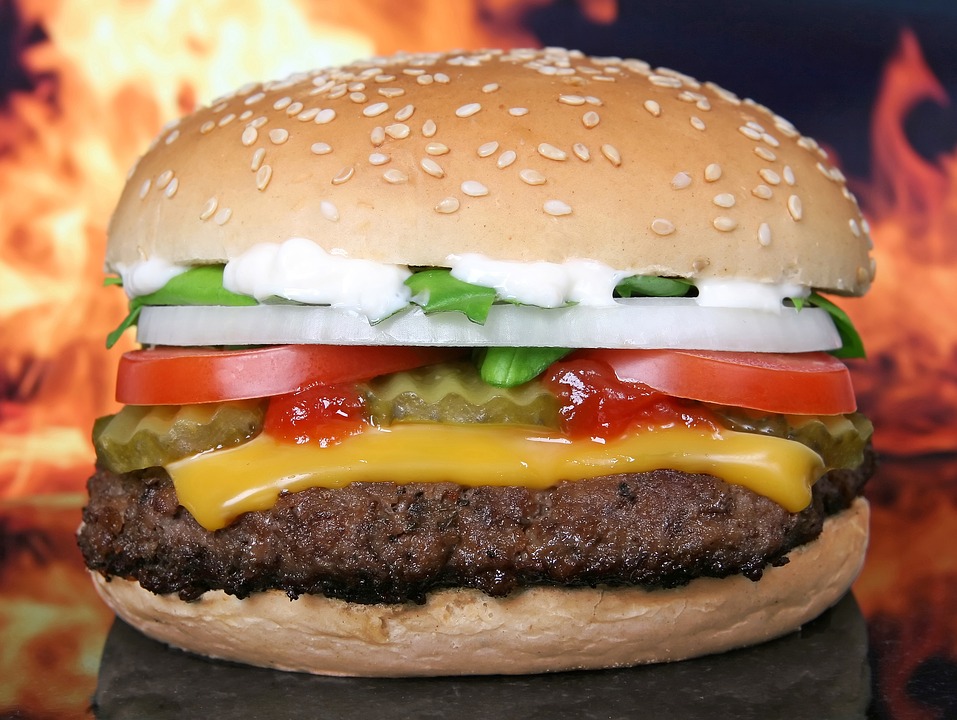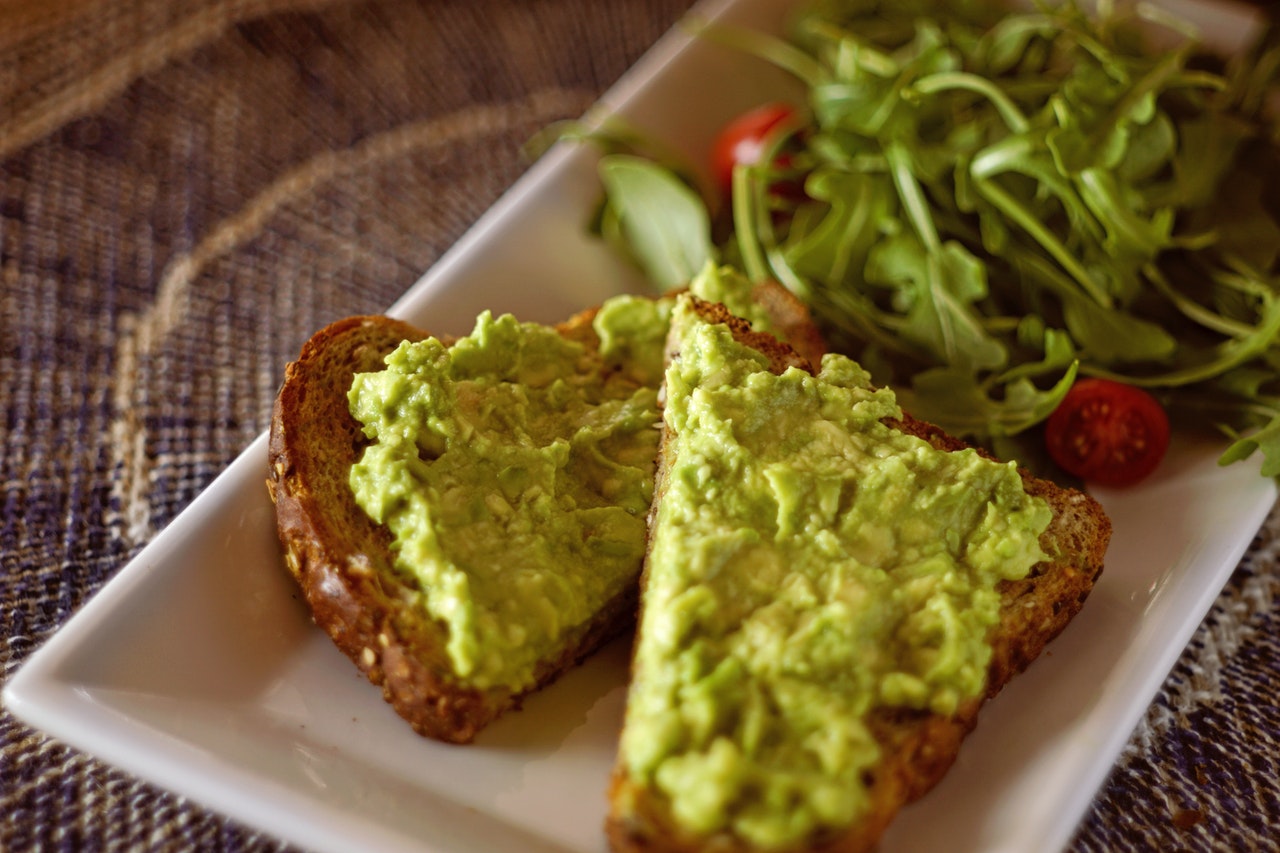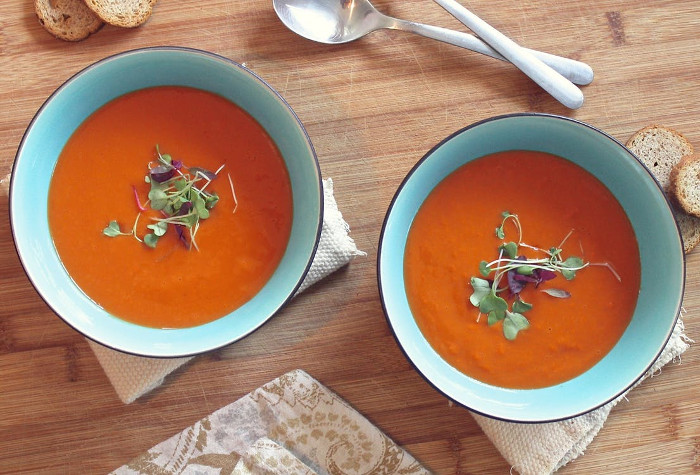
4 Diet Mistakes To Make Which Can Affect Your Well-Being
Most people know that what you eat affects the way that you look, and can even lead to developing disabling conditions, but did you know it also affects the way that you feel? Research proves that certain foods can change your mood for the better or for worse. Knowing that certainly gives the old saying “you are what you eat” an even stronger meaning.
Once you realize the link between what you eat and how you feel overall, you may decide to start changing up your diet. Here are some diet mistakes which don’t just have the potential to impact your physical health, but also your emotions.
Not Eating Enough Calories
Food is how your body gets the energy to keep going. Failing to eat enough calories during the week is like trying to run a car on gasoline fumes. If you’re trying to lose weight, it’s important to educate yourself on how much you should be consuming to lose weight, but also provide enough nutrition for your body.
Eating too little calories will cause you to feel fatigued and cranky. Even people who engage in a fasting program know that after their fast ends they should eat enough calories for their body to maintain energy. Your brain will be less focused, and your physical performance will suffer.
Excessive Carb Restriction
Low-carb diets have been all the rage for the last two decades because of how effective they can be. However, carbohydrates aren’t evil if eaten correctly. Carbohydrates sustain energy and even contribute to producing the brain chemical serotonin which makes you feel good!
One of the biggest reasons why many people who are dieting complain of a bad mood is because of a lack of carbohydrates. Rather than assuming all carbs are bad, remember, complex carbohydrates which are full of whole grains are packed with all sorts of things which are good for the body.
Drinking Too Much Caffeine
A lot of people drink high amounts of caffeine to curb their appetite. While it can be effective for boosting your energy levels and reducing your hunger, it will lead to mood dips even to the point of depression.
Excess consumption of caffeine could also cause heart palpitation, which is basically an increased heart rate. Generally, heart palpitations could be harmless, but if it happens too often, there can be an underlying health issue. Since some foods may make heart palpitations worse including caffeine, it can be better to reduce the consumption of such items.
Try to limit your caffeine consumption to one serving per day in order to avoid a caffeine crash.
Excessive Fat Restriction
A lot of dieters assume that all fat is bad, so they eliminate it entirely. In some cases, it even inhibits their weight loss. Your body needs fat to stay full! Additionally, you need omega 3 which is found in high-fat foods like fish and nuts.
Most nutritionists recommend eating high levels of omega 3 in your diet, especially if you lead an active lifestyle.
- Restaurant Germs: Improving Cleaning Practices For Commonly Contaminated Surfaces - April 15, 2024
- Fabulous Baby Shower Ideas to Try Soon - May 16, 2023
- Raw Manuka Honey Auckland New Zealand - March 10, 2023



